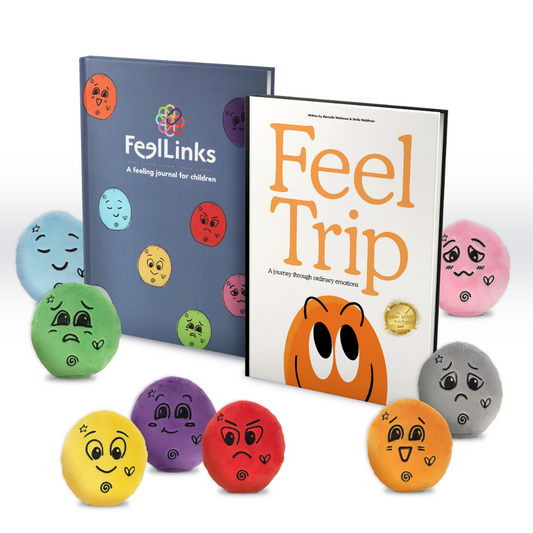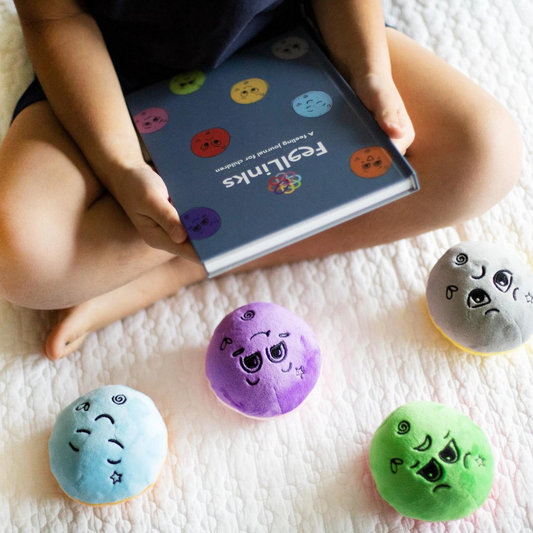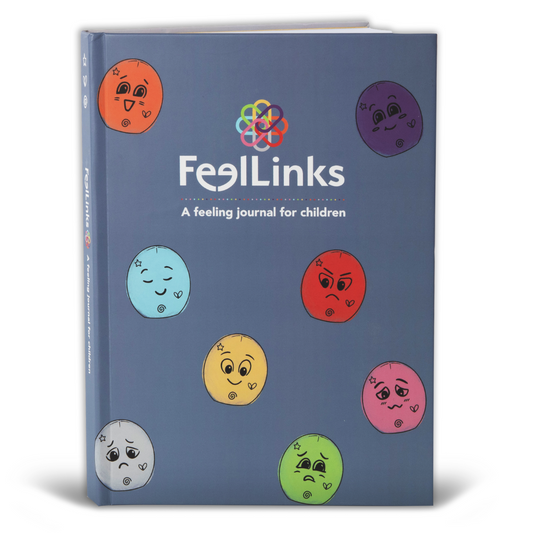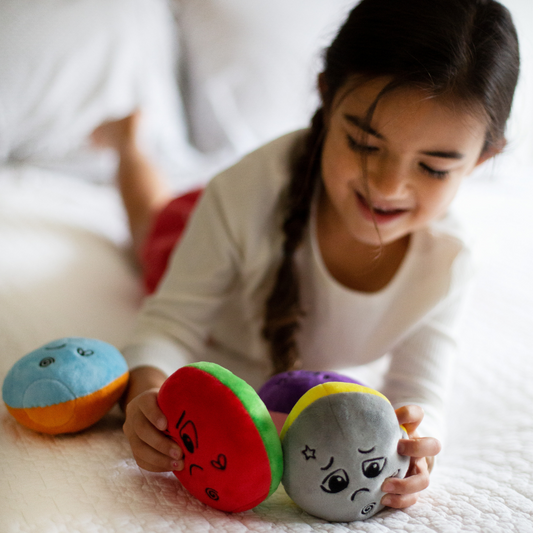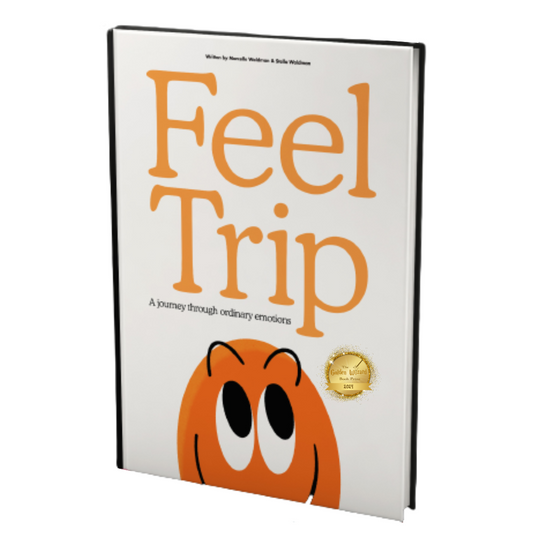Is Your Child an Orchid, a Tulip or a Dandelion? Nurturing the highly sensitive or highly resilient child in your life
Share
I must begin this post by saying how grateful I am for walks with great friends who inspire me with meaningful and actionable conversations. This post is dedicated to one of my closest friends who constantly inspires me to be my best - she inspired today’s blog topic.
I am about to share with you something that just might resonate as one of the most important things you can hear and think about as a parent, caretaker, teacher – whatever your role might be in the life of a child – this right here might be the golden nugget you have been searching for.
Do you recall the age-old debate over nature vs. nurture? Do inherited traits or life experiences play a greater role in shaping our personality? Well, this right here is a bit of a deeper dive into that conversation, but rather how does nature, the genes we are born with, AND nurture, the environment that we live in, work TOGETHER in our development? What this means is that some of us are actually more sensitive to the environment we are in because of our genes, and others are not so sensitive to the environment yet more resilient because of our genes.
Swedish researcher, Thomas Boyce, studies biological sensitivities in our children and uses the incredible analogy of seeing our children as “dandelion children” or “orchid children”. Recently, I became aware of a third, middle ground analogy of “tulip children”. Let me go ahead and explain each of these three.
Dandelion children are resilient: Dandelions can thrive in any type of soil and weather conditions. They can grow anywhere, even in the cracks in the concrete. Like dandelions, dandelion children are less sensitive, they can thrive in just about any conditions, they are resilient and their genes protect them from environmental attacks. They often grow despite the conditions surrounding them, whether it be socio-economics or caretakers with varying degrees of sensitivity or firmness. Dandelion children will find success in life despite the more difficult challenges they may face.
Orchid children are sensitive: Orchids need just the right conditions to grow; the right soil, water, sun, humidity, and food. Just like orchid flowers, orchid children are highly sensitive to their environment. Everything from smells, to diet, noises, comfort, parenting – orchid children must be tended to correctly for them to thrive. They tend to perceive negative aspects of their environment quite strongly and therefore suffer more from it.
Tulip children are in between: Tulips are not as sensitive as an orchid, but not as resilient as a dandelion. Tulip children fall somewhere in between the highly sensitive and low sensitivity. They are delicate like orchids and hearty like dandelions.
I am going to venture to guess that you have already taken time to reflect on what type of “flower” the children in your life represent. You probably even see when your child is more like one flower vs. another in a given situation. Maybe they are highly sensitive in some areas and resilient and thriving in others. For instance, I have a child who struggles with sensitive emotions at home when he has transitions from preferred to non-preferred activities, but at school he thrives regardless of whether it is preferred or not. He also shows great resilience when playing sports with rules, but becomes highly sensitive when games are kid-created and rules change. I guess maybe then I could call him a tulip!
So, what do we do with what we know about our children? Parents and caretakers, it is quite possible, if you have more than one child, they are very different from one another, needing very different environments and different things to grow. They will also lead very different lives as they grow up.
All of our children are unique and the way we parent (and even teach) will look different for each of them. Some children need us to protect and hover, while others need us to stand back and let them take risks. Sometimes we are not sure which they will need in a given situation, but know that the more you understand about your child the more you can figure out the best parenting that child needs from you. For instance, sensitive parenting can protect our inherently highly sensitive children. The sensitive genes they were born with, while sometimes difficult to navigate, can be supported by sensitive parenting.
Whether our children are dandelions, orchids, or tulips, or a combination in given situations, it is important to have your parenting toolkit - the strategies that work best with your child during the good, the bad, and the ugly (we all know what the ugly looks like!). Remember, you are doing your very best - knowing your child, tending to their specific needs and raising them in the best environment. You are doing the best you can to support your child to succeed and thrive in life!
I came across this interesting sensitivity rating scale by Michael Pluess, associate professor of developmental psychology at Queen Mary University. To better understand environment sensitivities for children ages 10-19. Younger children may have difficulties with these, but you definitely could give it a try, and why not do it yourself, too! Below are 12 items, you will ask your child to rate them on a scale from 1-7 with one being “not at all” and seven meaning “extremely”. This is not clinical, but rather measures a wide range of sensitivities within normal behaviors.
- I find it unpleasant to have a lot going on at once.
- Some music can make me really happy.
- I love nice tastes.
- Loud noises make me feel uncomfortable.
- I am annoyed when people try to get me to do too many things at once.
- I notice it when small things have changed in my environment.
- I get nervous when I have to do a lot in little time.
- I love nice smells.
- I don’t like watching TV programs that have a lot of violence in them.
- I don’t like loud noises.
- I don’t like it when things change in my life.
- When someone observes me, I get nervous. This makes me perform worse than normal.
Now, think about it (if you haven't done so already), are YOU a dandelion, orchid, or a tulip? A combination? What can you learn about yourself now that you have this thought-provoking information?
*If you want to read more about this topic, check out Thomas Boyce’s Book, The Orchid and the Dandelion: Why Some Children Struggle and How All Can Thrive.

